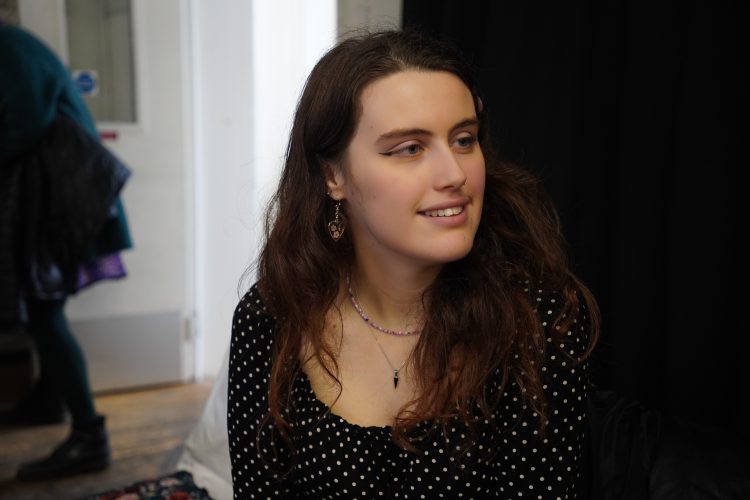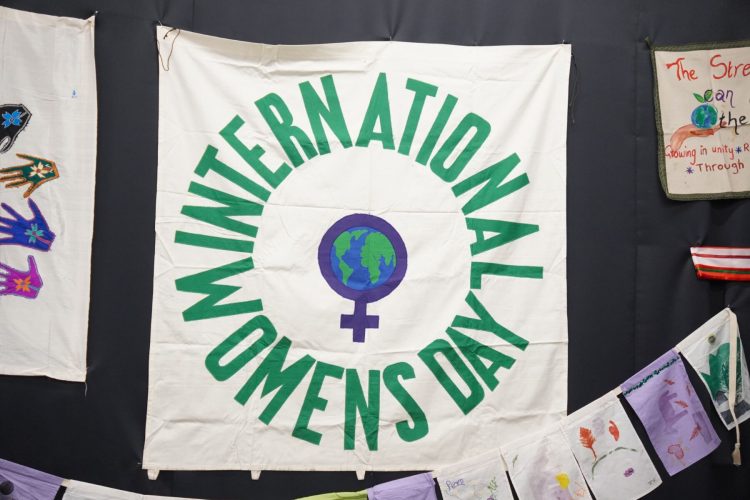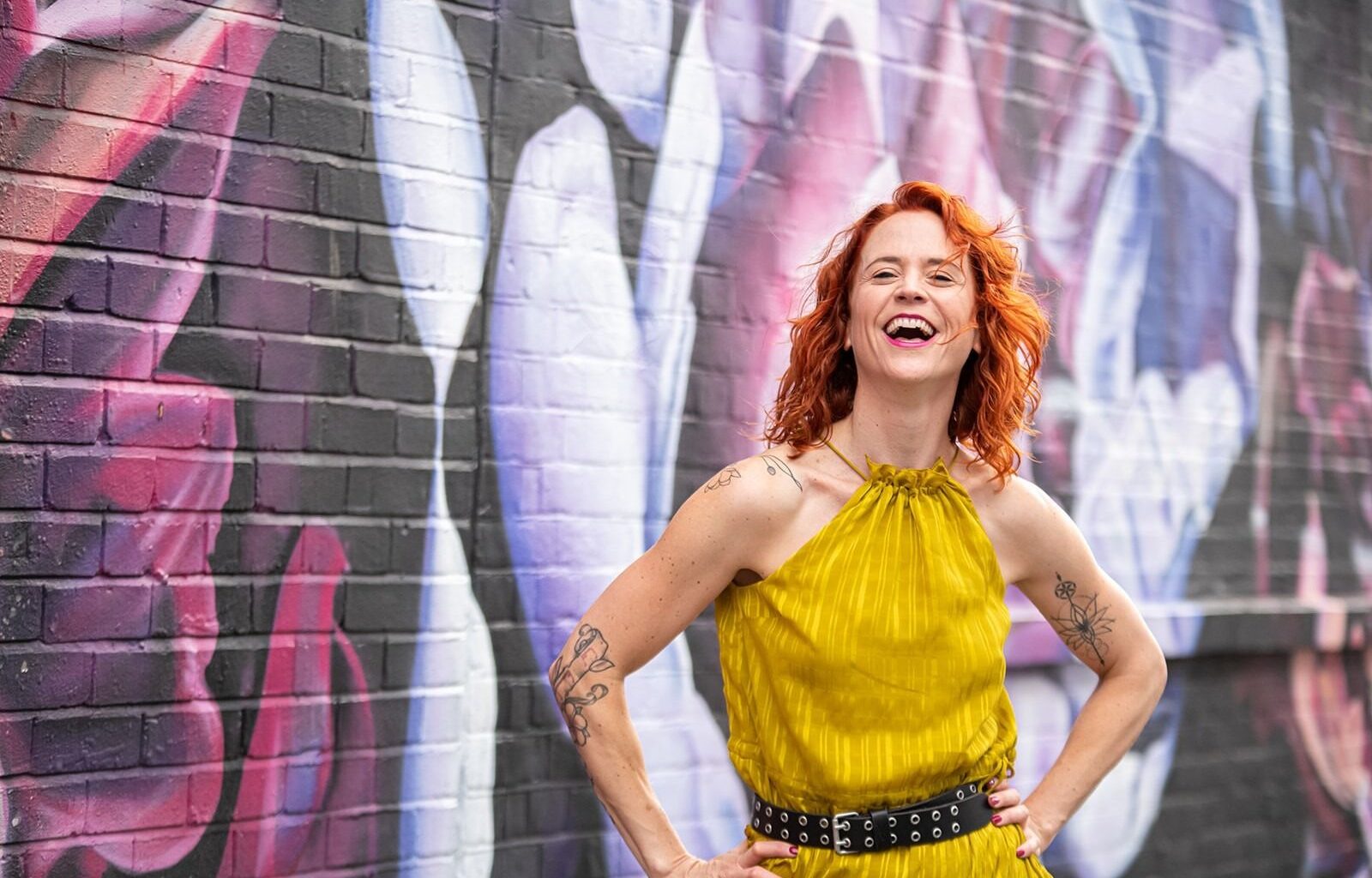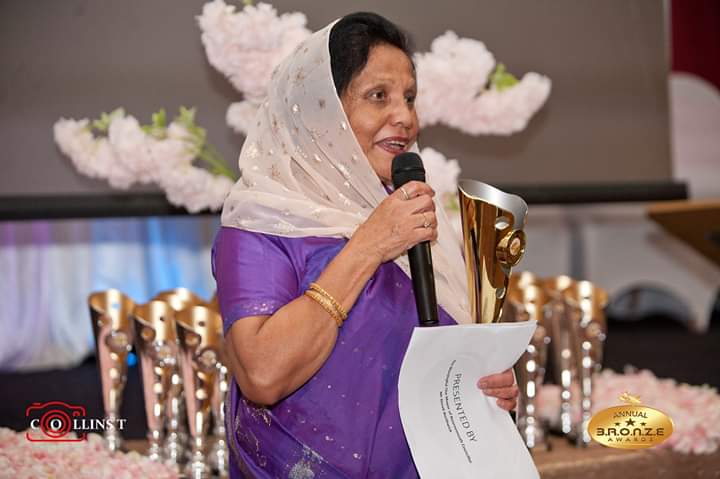It’s 2024. So why are women are still fighting for equality in the workplace?
It’s estimated that almost 2.7 billion women worldwide are legally prohibited from choosing the same careers as males. Financial Conduct Authority (FCA) guidelines state that a company’s board should consist of at least 40 per cent women, and a woman should hold at least one of the senior board roles. Although women make up almost two-thirds of the board members of the largest listed firms in the UK, it has been reported that there is still “too few” women in positions of leadership.
Why is this so?
Five UK-based women shared their experiences about what more needs to be done to ensure that gender equality at work is taken seriously every day and not just used as buzzword for the boardroom once a year.
UK’s leading membership charity, The Fawcett Society, advocates women’s rights and gender equality in work, home, and in public life. Liz Wells member of the Devon Fawcett Society shared that: International Women’s Day is ‘’extremely important’’ and said that once a year the charity focuses on ‘’where women are’’ and looks at what else is required to ‘’ensure parity, equality, and rights collectively and nationwide’’.
Sandra Broadbent, 69, group coordinator for Devon WASPI on speaking about women in the workplace, believes that the makeup of most councils is ”heavily male dominated” and said that this could be due to ‘’historical reasons’’ and women having ‘’to be more qualified than men to get the same job.’’ Broadbent also said that although things have ‘’changed gradually over the years, this has been a slow change.’’ She believes women are still ”expected to play certain roles” and that it takes ”lots of determination and some good luck” to be able to ‘’progress beyond that glass ceiling’’.
”Back when I first started work, we didn’t have a glass ceiling we had a concrete ceiling,” said Broadbent.
”Just because a woman is young doesn’t mean that she will get pregnant next week and take a few months off,” Broadbent said. She believes that this sort of thinking often gets in the way in terms of women in leadership roles and suggested that employers should have ‘’careful recruitment processes’’ to ensure women are given an equal opportunity. ”It’s sad because organisations miss out without having that women’s perspective,” Broadbent added.

Maisie Jepson, 23, co-ordinator for Fawcett Devon shared her views on women in Parliamentary positions. Jepson believes that although there has been an increase in the numbers of women in UK Parliament, these roles may be viewed as the ‘‘lesser roles’’ and said that there aren’t as many female chancellors, foreign or home secretaries. Jepson also shared her concern that there may ‘’still be a bit of stigma’’ that women cannot ‘’do the jobs well’’ She also said that this could be due to it being ‘’ingrained’’ in society and therefore it may take a ‘’long time to reverse.’’ When asked about her feelings towards the future for women in leadership-based roles, Jepson hopes for more opportunities for women to ‘’break the glass ceiling’’ and this to be for genuine reasons not just as a ‘box ticking exercise’’ or in a ‘’tokenistic way.’’
When discussing what employers could do to implement positive change for women in leadership roles, Brodbent suggested that ‘’mentoring [is] quite a useful process and I’ve seen it be very successful in various places.”
Jess Nicks, 43, is a neurolinguistic programming coach and in her work claims to ‘reconnect women leaders to their wise rebel powers so they can step into limitless potential.’ As well as coaching women, Nicks has experience of working in media as head of an advertising team. When talking about her experiences in this role Nicks said that: ‘’Anybody in a leadership role who isn’t white, cisgendered [or] straight, have challenges.’’
Nicks also reflected on being a white woman and said she is aware of her privileges over women from marginalised identities. “When you’re in a meeting and it’s predominantly 90 per cent male, getting your voice heard can be quite tricky,’’ she said.
‘’I see so many women in leadership roles experiencing chronic self-doubt. Even though they’ve got the label of leader or head of department, they’ve still got this thing happening and I see a lot of themes around isolation of not feeling like they don’t belong with the team that they are now in charge of.’’ Nicks added, ‘All the juggling of the invisible load that women have to do this stuff as well gets in the way.’’

Nicks’s advice to women entering leadership positions is to work on themselves and be prepared to be ‘’triggered’’ in the workplace. She also gave her own example: ‘’If there are loads of men around the table and I want to get my opinion in and I can’t, let’s think about what I [want to] do, this is not a cookie cutter solution.’’
Devonshi Mody, 33, who heads sales at Birchstone Markets, shared her views of being a woman within a leadership role in the UK and when being asked about challenges she may have encountered at work she said, ‘’I think that I’ve been really fortunate. I can’t say that I’ve ever been in a situation where not being a white male, I have been sidelined.’’
‘’I just don’t think the world operates like that anymore, and I think in corporate environments people are very careful about what they say, and you know, diversity and inclusion is such a big thing,’’ said Mody.
Reflecting on her experiences as woman in a leadership role, Mody said: ‘’I don’t think I’ve ever been treated differently because of not being a male.’’
Mody is hopeful for the future for women in leadership in the UK. She said, “Over the last few years, the numbers [of women in leadership positions] are improving. I think it’s just about having confidence in your ideas. I think as women we bring something different to the table. Actually, that’s our biggest strength — not thinking the same as everyone else around the table.’’








